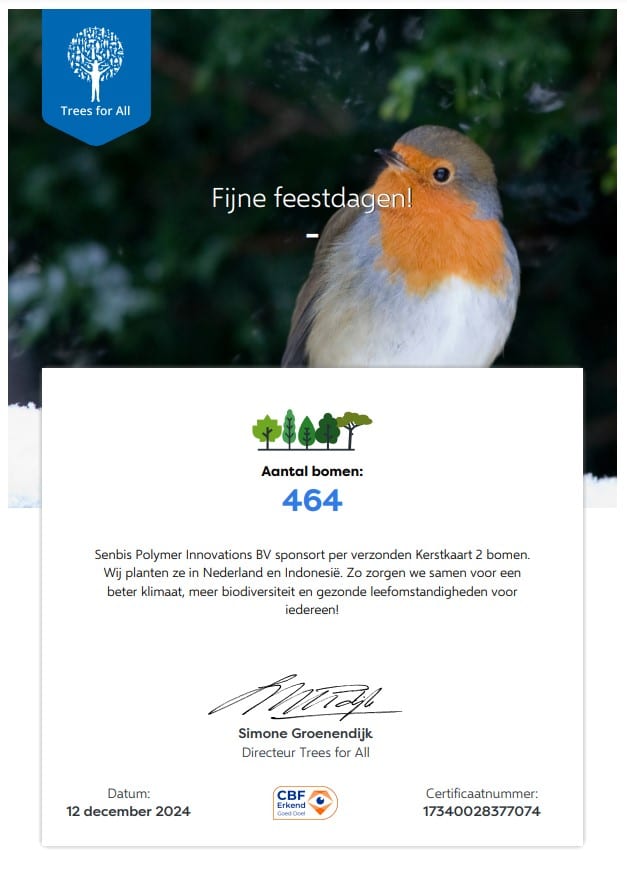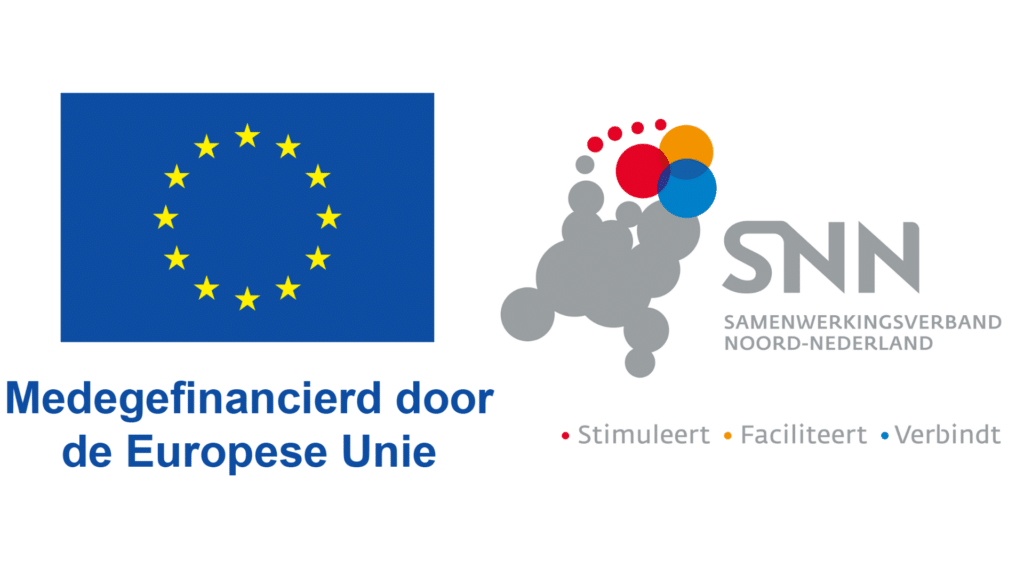Senbis expands pilot facilities for sustainable plastics
EMMEN (NL), 15th June 2020 – Over the next three years, Senbis in Emmen, the Netherlands, will be investing €5.5 million through its new subsidiary SPIC Facilities BV, in a testing facility for the development of sustainable plastics.
‘We will be acquiring an impressive range of machinery that will make successive polymer production processes available at different scales: from grams and kilograms to full truck loads,’ says Gerard Nijhoving
This represents a considerable expansion of the facilities of SPIC Emmen, the cluster of companies and institutions in the Northern Netherlands that jointly offer their own facilities to the market. This way they facilitate the acceleration and upscaling of developments relating to sustainable plastics.
Missing link in R&D capabilities
‘With SPIC Facilities we provide the missing link for (bio)polymer development in the Chemport Europe ecosystem. The investments include new reactors for polycondensation, for example for developing (bio)polyesters and polyamides, a fully equipped compounder, a new line for the production of technical mono-filaments and an expansion of analytical capabilities.
The cherry on the icing will be a new pilot spinning machine, with unique capabilities to produce both technical yarns as textile fibers (the low titers). ‘It is a welcome addition to our current facilities that focus on technical yarns. The new line now enable us to develop textile fibers from e.g. recycled polymers or biopolymers. Up until now, we were not able to answer questions in this field properly because we did not have the right equipment, even though we had all the relevant knowledge and analytical capabilities.’
With the new extruders and spinning machines, SPIC Facilities will furthermore be able to manufacture bicomponent yarns. ‘The typical requirements of yarns are good mechanical and thermal properties and e.g. chemical stability. This may be reached by utilizing multiple polymers and additives. This can be accomplished by compounding them, but also by combining the output of multiple extruders. For example, it will be possible to create a filament or fibre whose mantle consists of a different material than its core.’
Another area of attention is the development of filaments and powders for 3D printing. ‘Our spinoff Innofil3D was acquired by BASF and is flourishing. We aim to continue to facilitate this growth by providing support from our R&D facilities. Our cluster of companies and institutions together have a very strong proposition in additive manufacturing.’
Unique in Europe
According to Nijhoving, the wide range of openly offered R&D and production facilities, the flexibility, the industrial knowledge and the available network by being part of the ecosystem Chemport Europe, provides us here in Emmen with a unique offer for the plastic industry in Europe. ‘You may find such facilities spread out over different locations, but not combined at a single location. They may be located behind closed doors at a multinational or at knowledge institutions, where there is typical a focus on fundamental research. Our research is pragmatic, flexible, fast and with an industrial focus.
Not only the industrial oriented equipment, but also the industrial knowledge is very important in this respect. ‘Historically, in Emmen we are industrial specialists in polyester-like structures. We have the knowledge required for their development and upscaling, and for subsequently manufacturing fibres, films, injection moulded parts, preforms, and bottles. However, the cluster also devotes a great deal of effort to the mechanical and chemical recycling of polyester. For example, the companies Morssinkhof and Cumapol are working on the chemical recycling of PET as part of the CuRe project. This means that we are able to look after the entire polyester chain in Emmen – cradle to cradle. This polyester expertise is also interesting for partners working on new biopolymers, because these generally consist of polyester structures.
Confidence in the sustainability trend
The first machines have already been ordered by SPIC Facilities. The installation of the machines will begin later this year and will continue into next year. Does it make sense to invest millions at a time when many companies are keeping a tight rein on their budget due to the current economic situation? Nijhoving: ‘We hesitated at first but decided to go ahead after all. We are convinced that the sustainability trend, which only just started in the plastics sector, will only grow stronger in the coming years. As a society we have become more aware of our vulnerability, ranging from an epidemic that pops up unexpectedly, to major environmental matters rising temperatures and of course microplastics. Over the coming years, a lot more has to be invested in recycling as well as in biobased and biodegradable plastics. That awareness will continue to grow among consumers, governments, industry and companies. I am therefore confident that the facilities we are now installing will be of great support to many who are working on these sustainable plastic ambitions.
SPIC Facilities received funding from VoordeGroei BV, MKB Fonds Drenthe, and the Senbis shareholders, as well as government grants by the Dutch SNN (via European Regional Development Fund), the Province of Drenthe and the City of Emmen.
This article was created in cooperation with Chemport Europe by Pierre Gielen from Agro & Chemistry.


